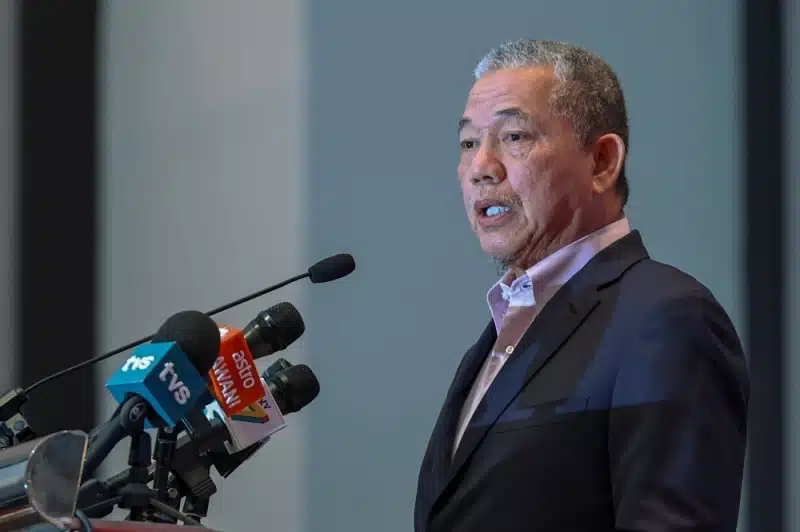KUALA LUMPUR, March 28 — Malaysia remains steadfast in its commitment to reforming the economy while embracing innovation and sustainable development, said Deputy Prime Minister Datuk Seri Fadillah Yusof.
Under the visionary leadership of Prime Minister Datuk Seri Anwar Ibrahim, it is embarking on an ambitious agenda of economic transformation driven by the principles of inclusivity, innovation, and sustainability.
“Central to our vision is the BRI (Belt and Road Initiative), which presents unprecedented opportunities for collaboration between Malaysia and China in various fields, including infrastructure development, connectivity, trade facilitation, and people-to-people exchanges.
“By leveraging the synergies between our economies and harnessing the transformative power of the BRI, we can unlock new avenues of growth, create jobs, and improve the livelihoods of our people,” he said in his keynote address at The Silk Road and Asian Civilisation Forum 2024 today.
Also present were Deputy Investment, Trade, and Industry Minister Liew Chin Tong, Communist Party of China’s (CPC) International Liaison Department Minister Liu Jianchao, and Chinese Ambassador to Malaysia Ouyang Yujing.
Fadillah said that at the heart of Malaysia-China bilateral relations lies a robust framework of trade and investment, which has served as the cornerstone of economic cooperation between the two nations.
Last year, China continued to be Malaysia’s largest trading partner and had remained so for 15 consecutive years since 2009, taking up 17.1 per cent share of Malaysia’s total trade.
“China was also Malaysia’s largest import source, absorbing 21.3 per cent share of total imports. Imports from China stood at RM258.63 billion with major imports comprising E and E (electrical and electronics) products, machinery, equipment and parts, as well as chemicals and chemical products,” he said.
Fadillah, speaking as the Energy Transition and Water Transformation Minister, said Malaysia is fully committed to promoting green energy and environmental sustainability as integral components of its development agenda.
Both nations are also poised to lead the way in promoting green energy and renewable resources and are committed to investing in clean energy technologies, including solar, wind, and hydroelectric power.
“Through collaborative efforts and knowledge-sharing initiatives, we aim to harness the vast potential of green energy to reduce greenhouse gas emissions, mitigate the adverse effects of climate change, and create a more sustainable future for our planet.
“By prioritising innovation and sustainable development in the energy sector, Malaysia and China are not only contributing to global efforts to combat climate change but are also unlocking new opportunities for economic growth and prosperity,” he said.
— Bernama





